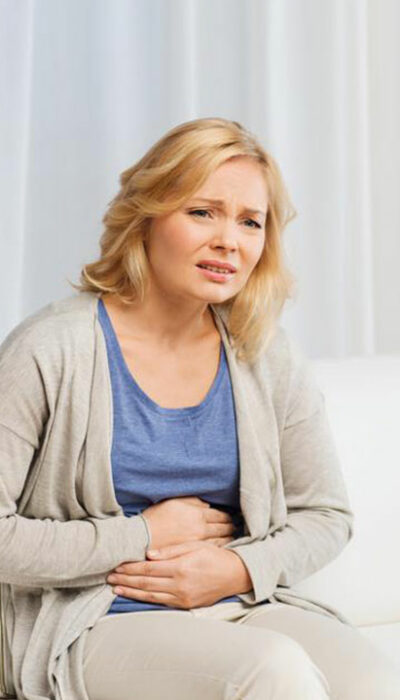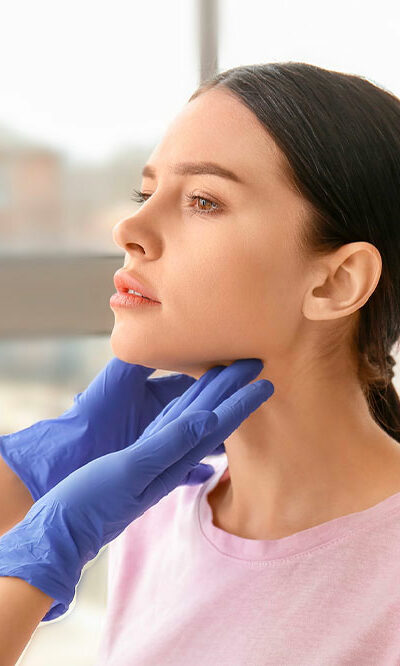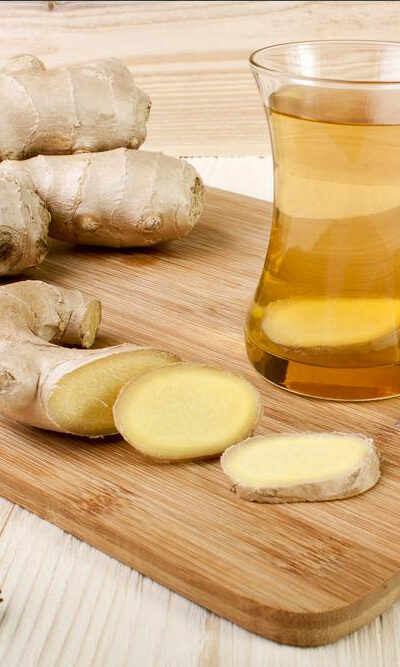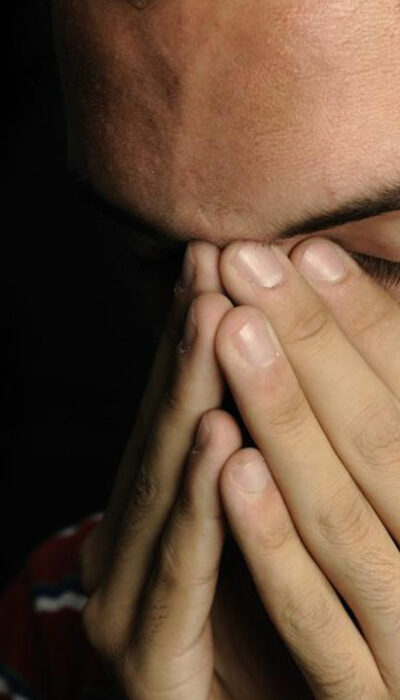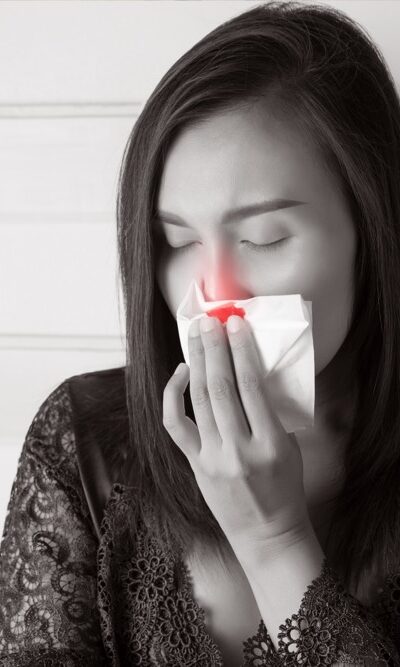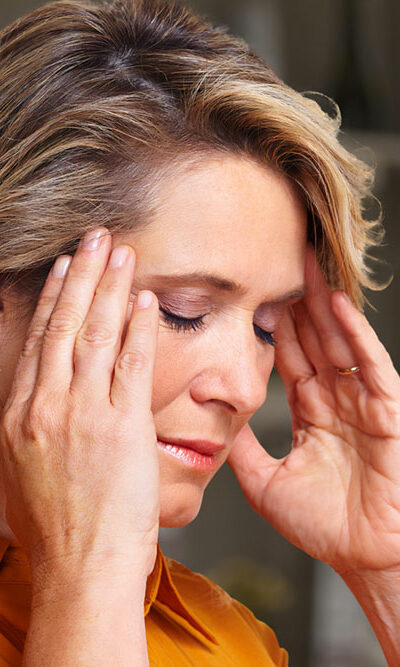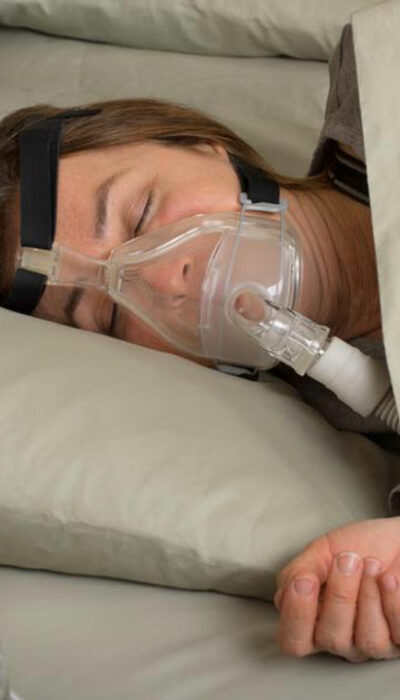
What you Need to Know About Sleep Apnea Mouth Guard
Obstructive sleep apnea better known as snoring, is a potentially fatal disorder. It restraints breathing of the individual during sleep. People use Oral Appliances like mouth guards to control, or stop obstructive sleep apnea. This helps them sleep better and reduce various health risks associated with it. Risks of untreated or undertreated sleep apnea include heart attack, stroke, deadly heart rhythms, mood and memory disorder. So, it is important to take this seemingly harmless habit seriously and treat it before the condition worsens. Use Of Oral Appliances/Mouth Devices Oral appliances or mouth devices are an alternative to Continuous Positive Airway Pressure therapy(CPAP) or oral surgery for sleep apnea. Overweight individuals use it along with weight loss therapies. These mouth guards work by reducing the turbulence in airflow and inhibit snoring. These sleep apnea mouth guards or mouth pieces are most effective when the disorder is mild or moderate. These dental devices are adopted in the early stages of sleep apnea. A sleep study to diagnose the severity is recommended by the physician, before use. Another sleep study to understand the effectiveness of the appliance may also be recommended. Features Of Mouth Devices Or Dental Appliances Sleep apnea mouth guards are custom-made by dentists and laboratories to best suit your condition. The design is aimed at enhanced comfort and increased patient compliance. Sleep apnea oral devices or appliances reduce snoring, by increasing the air passageway between the jaws. The device pushes the lower jaw forward, over the upper jaw, to make the correction. Most sleep apnea mouth guards come with an adjustable feature. Allowing patients to make small increments for the increased airway. So they can personalize it to suit their comfort. Most common sleep apnea mouth guard features are: Adjustable position provided with a telescopic hinge. Free and full range of motion, allowing the patient to comfortably talk and drink.
